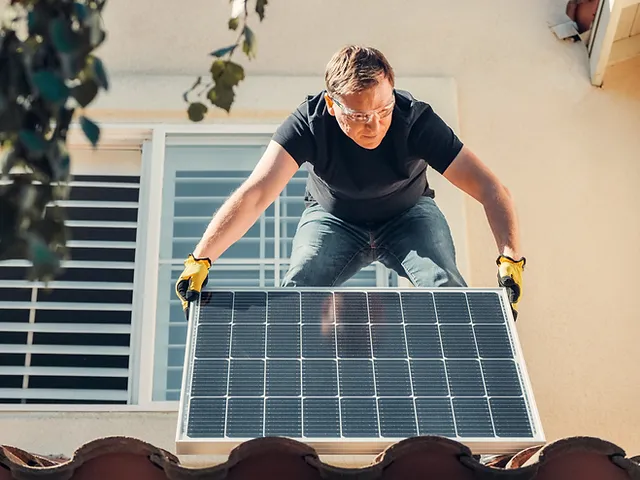
Off the Grid is when one no longer depends on public utilities for electricity, water or waste services. Instead, this allows one to generate their own power while potentially even pumping their own clean water from wells or springs.
One way of doing this is with a solar power system comprised of photovoltaic panels and batteries, although this isn’t your only option.
Costs
Living off-grid can be costly. One major expense is purchasing land to build on, which could range anywhere from $100k to $250k depending on its potential for growing food and generating energy.
Material costs to create your own appliances and utensils can also add up, but investing in this venture could save money over time.
Major expenses when living off the grid include water wells, solar panels and batteries to store any power you generate, plus smaller expenses such as greenhouses, animal cages and tools used in everyday household life that help sustain an off grid lifestyle. Furthermore, firewood cutting equipment may prove expensive; thus many individuals who opt for an alternative lifestyle choice prefer rural locations far removed from bustling cities.
Legality
Living off-grid in many cities is illegal due to overly restrictive zoning and ordinances, such as camping for more than two weeks on your own property; cities and county governments prefer you to use their water system and sewerage instead of your own.
Living off-grid means creating and generating your own energy through renewable resources such as solar and wind power generation, instead of depending on reliance on grid’s non-renewable sources that contribute to climate change.
Living off-grid can help you develop essential survival skills, including cooking, gardening, foraging and hunting. Furthermore, living this way may improve mental health; city living can be stressful; living quietly without distractions will allow for increased relaxation and focus.
Energy
Living off-grid means not relying on city electricity companies for your power needs; instead, you will create your own energy through renewable resources like solar and wind power to reduce both your energy costs and carbon footprint.
Solar panel systems are an effective and affordable way of providing off-grid energy generation, but additional components may be required such as batteries and charge controllers to ensure optimal performance.
An essential aspect of off-grid living is establishing an appropriate rainwater collection system, from simple barrels to complex systems that cover your entire home. When researching suitable systems for you and your climate, be sure to research which system would best serve both. Getting it right could not only lower water bills but also enhance quality of life by decreasing time spent collecting and treating water for future use.
Sustainability
One of the primary goals of going off grid is producing your own energy source – usually through solar panels which can be an affordable investment when considering your daily electricity costs.
Homesteading can also be an effective means of off-grid living, helping reduce carbon emissions while cultivating self-reliance. Unfortunately, however, such lifestyles may be challenging in urban environments.
One way cities can promote sustainability is through energy-efficient kitchen appliances, installing solar-powered gadgets and using rainwater collection systems. Recycling can help limit waste as can running your dishwasher/clothes washer when your load is full – cities may also encourage their residents to go paperless to save costs on printing costs while simultaneously working to decrease greenhouse gas emissions by encouraging sustainable transportation systems and bike-friendly communities.







